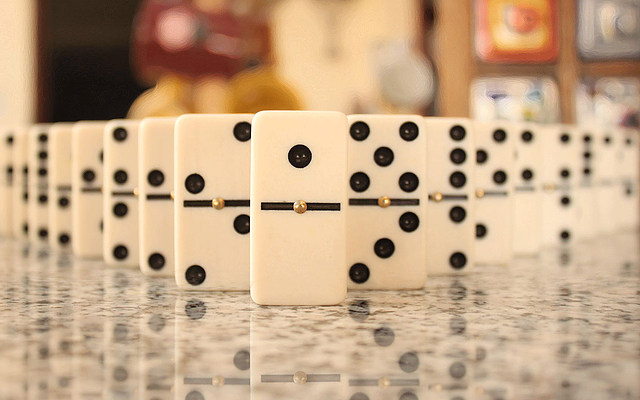Slot games have been a popular form of entertainment for decades, with millions of people around the world spending hours playing these colorful and exciting games. However, for some individuals, what starts as innocent fun can quickly turn into an addiction that can have serious consequences on their mental health and overall well-being.
The psychology behind slot game addiction is complex and multifaceted. There are several factors that contribute to the development of this addictive behavior, including the design of the games themselves, individual personality traits, and environmental influences.
One of the key factors that make slot games so addictive is their design. These games are specifically engineered to be highly engaging and rewarding, with bright colors, flashing lights, and catchy sound effects that capture players’ attention and keep them coming back for more. The element of chance also plays a significant role in keeping players hooked, as the unpredictability of each spin creates a sense of excitement and anticipation that can be very compelling.
Individual personality traits also play a role in slot game addiction. Some people may be more predisposed to developing addictive behaviors due to genetic or environmental factors. For example, individuals who have a history of substance abuse or other gorila39 addictive behaviors may be more likely to develop a gambling addiction as well. Additionally, people who are impulsive or sensation-seeking may be more drawn to the thrill of gambling and less able to resist the urge to keep playing even when they know it’s not in their best interest.
Environmental influences can also contribute to slot game addiction. Factors such as easy access to gambling venues, social norms around gambling behavior, and peer pressure can all play a role in encouraging individuals to engage in excessive gambling activities. In some cases, individuals may use gambling as a way to cope with stress or other negative emotions, which can further reinforce their addictive behavior.
It’s important for individuals who are struggling with slot game addiction to seek help from qualified professionals who can provide support and guidance on how to overcome this harmful behavior. Therapy techniques such as cognitive-behavioral therapy (CBT) or motivational interviewing (MI) can be effective in helping individuals identify triggers for their addictive behavior and develop healthier coping mechanisms.
In conclusion Overall, slot game addiction is a serious issue that can have detrimental effects on an individual’s mental health, relationships, and financial well-being. By understanding the psychology behind this addictive behavior and seeking help from trained professionals, individuals struggling with slot game addiction can take steps towards recovery and reclaim control over their lives.


